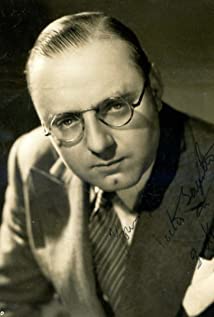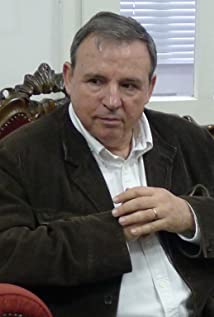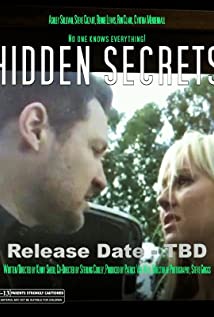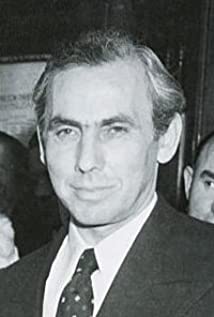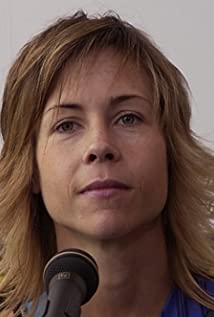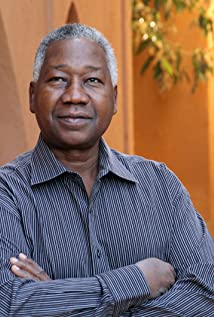
As per our current Database, Gaston Kaboré is still alive (as per Wikipedia, Last update: May 10, 2020).
Currently, Gaston Kaboré is 73 years, 0 months and 1 days old. Gaston Kaboré will celebrate 74rd birthday on a Wednesday 23rd of April 2025. Below we countdown to Gaston Kaboré upcoming birthday.
| Popular As | Gaston Kaboré |
| Occupation | Director |
| Age | 73 years old |
| Zodiac Sign | Taurus |
| Born | April 23, 1951 (Bobo Dioulasso, Upper Volta [now Burkina Faso]) |
| Birthday | April 23 |
| Town/City | Bobo Dioulasso, Upper Volta [now Burkina Faso] |
| Nationality | Upper Volta [now Burkina Faso] |
Gaston Kaboré’s zodiac sign is Taurus. According to astrologers, Taurus is practical and well-grounded, the sign harvests the fruits of labor. They feel the need to always be surrounded by love and beauty, turned to the material world, hedonism, and physical pleasures. People born with their Sun in Taurus are sensual and tactile, considering touch and taste the most important of all senses. Stable and conservative, this is one of the most reliable signs of the zodiac, ready to endure and stick to their choices until they reach the point of personal satisfaction.
Gaston Kaboré was born in the Year of the Rabbit. Those born under the Chinese Zodiac sign of the Rabbit enjoy being surrounded by family and friends. They’re popular, compassionate, sincere, and they like to avoid conflict and are sometimes seen as pushovers. Rabbits enjoy home and entertaining at home. Compatible with Goat or Pig.

Kabore started out as a history student at the Centre d'Etudes Superieures d'Histoire d'Ouagadougou and continued his studies in Paris where he received an MA. During his studies he became interested in how Africa was portrayed abroad, which then led him, in 1974, to study cinematography at the Ecole Superieure d'Etudes Cinematographiques.
Further inspiration came upon viewing Ousmane Sembene's Xala, which he saw as an example of how film could be used to express African culture. After returning to Africa, Kabore was made director of the Centre National du Cinema and taught at the Institut African d'Education Cinematographique.
Along with students under his direction there he made his first film, 'Je Reviens De Bokin' (I Come From Bokin).Kabore went on to produce practical documentaries such as 1978's, 'Stockez et conservez les grains' (Store and Conserve the Grain), which focused on agrarian concerns.
Another kind of documentary he made in this early period, 'Regard sur le VI'eme FESPACO' (A Look at the 6th FESPACO) evidenced his concern for and promotion of African film. Kabore's first feature, Wend Kuuni (1982) was a breakthrough for African cinema notable for the way it translated African oral tradition to the screen.
Next, Kabore returned to address the issues surrounding African cinema with a documentary, 'Props sur le cinema' (Reflections on the cinema) (1986). The short film featured two significant African directors, 'Souleymane Cisse' from Mali and Mauritania born Med Hondo discussing the problems facing filmmakers on the continent.
He followed this with his second feature, Zan Boko (1988) which tells the story of a wealthy businessman who takes away ancestral land from a poor village peasant in order to build a swimming pool. The film focuses not only on the conflict of class struggle but also that of tradition and modernity in postcolonial civilization.
Before his next feature Kabore again returned with a short documentary, Madame Hado (1991), about Mrs. Hado, a celebrated Burkinabe singer and dancer. Kabore was then invited to contribute to the BBC's 'Developing Stories', a series of six films by talented filmmakers from the developing world focusing on environmental and developmental issues.
He offered _Rabi (1993)_, which won the first prize for young people's films at the Okomedia International Ecological Film Festival. Another mark of Kabore's international recognition was his participation in the film, Lumière et compagnie (1995) in which 40 directors from around the world were asked to make a short film with the original Cinematographe invented by the Lumiere Brothers.
His most recent feature Buud Yam (1997) was the 1997 grand-prize winner of the FESPACO.

